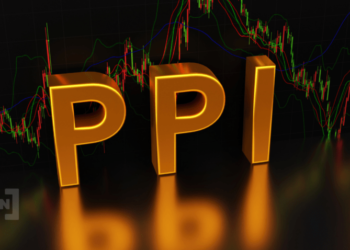Analysts expected the Bank of Ghana (BoG) to adopt a policy-hold strategy at its 112th Monetary Policy Committee (MPC) Meeting in May 2023.
According to analysts, the expectation is that the MPC will retain the policy rate at 29.5 percent despite the downward trajectory in inflation figures in recent months.
In its analysis, Apakan Securities suggested that if inflation continues to decline rapidly, there may be room for a policy rate cut in subsequent MPC meetings, possibly in the range of 100 to 200 basis points.
However, there are some upside risks to inflation in the near term. The price effects of new and revised taxes, such as the Excise Tax Amendment Act, as well as utility tariff adjustments and food price pressures, could potentially moderate the pace of disinflation in the second quarter of 2023.
Similarly, GCB Capital also expects the central bank to maintain a cautious policy stance to anchor the disinflation process. Despite the previous tightening measures, the interbank market still has ample liquidity, which could pose an upside risk to inflation.
Therefore, it is anticipated that the Monetary Policy Committee will continue with a tight policy stance in the immediate term, albeit at a slower pace.
The Reasoning Behind the Expectations
According to GCB Capital, the reasoning behind this expectation is the sustained disinflationary trend observed in recent months. Consumer prices have been slowing, with a year-on-year inflation rate of 41.2 percent in April 2023, down from 54.1 percent in December 2022.
This trend has been supported by factors such as a more stable local currency performance and declining petroleum prices, which have helped moderate inflationary pressures.
All in all, the market expects a further decline in headline inflation in May 2023, but the potential upside risks highlight the need for a cautious approach by the central bank.
Meanwhile, to reinforce the disinflationary momentum and anchor inflation expectations, the central bank’s MPC has already tightened financing conditions.
The policy rate has been increased by a cumulative 250 basis points to a record high of 29.5 percent in the first quarter of 2023. The cash reserve ratio (CRR) has also been raised by 200 basis points to 14 percent.
With the government struggling to meet its target in the short end of the market, maintaining the policy rate must be backed by strong policies to heighten interest in the secondary market.
READ ALSO: World Bank Supports GEA To Promote Women, Youth-led MSMEs Initiatives With Ghc90 million























